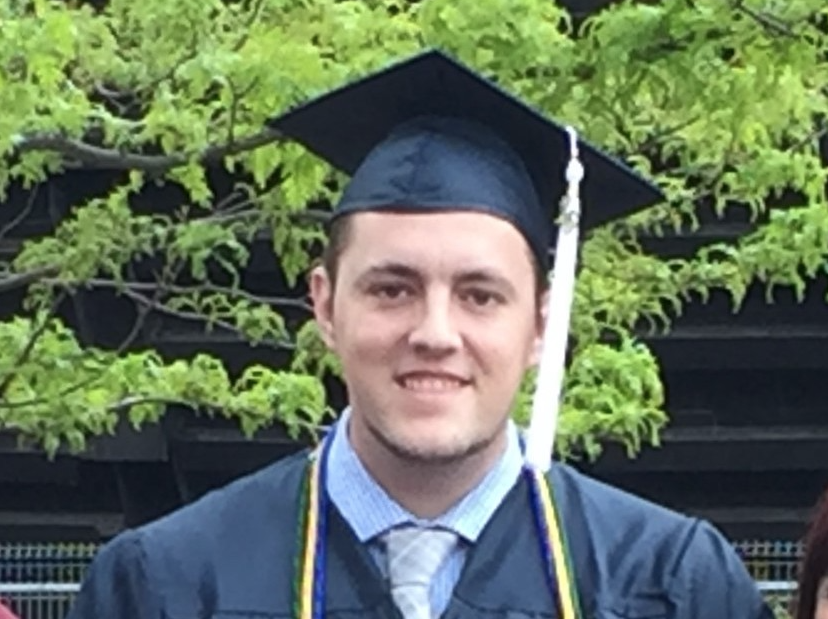|
By Marcie Sohara
Many families are struggling to find care for their loved ones with serious brain disorders, or have experienced tragic consequences from the failed mental health system. I too have experienced challenges and heartbreak due to my son Joe’s serious brain disorder, that is, schizophrenia. At times, I honestly didn’t know if there was any hope. I know better now. When Joe was nineteen and a freshman in college, he told me something was wrong with him, that he wasn’t thinking right. I was scared and took him to the hospital emergency room. They diagnosed anxiety and depression and prescribed antidepressant medication. But his behavior became increasingly troubling. His father and I tried to help him, but he was becoming more withdrawn and confused. Just days after the start of the fourth semester in mid-January 2009, he showed up at our house at 6 a.m. and told me he was quitting school because of things that were happening to him there. The next two weeks, trying to figure out what was happening to my sweet son, were awful. Joe already had an appointment scheduled for later that month with the psychiatrist, who prescribed the antidepressant. In the meantime, he was becoming more unpredictable, and his behavior was extremely odd. I happened to be in psychotherapy myself, and my therapist told me it sounded like he was psychotic. At that moment, I didn’t fully understand what that meant. On January 27th of that year, at our son’s request, Joe’s father and I attended his psychiatrist appointment. When we finished describing Joe's behavior, the doctor asked Joe to step outside. I will never forget what the doctor said next. “I’m sorry to tell you that your son has schizophrenia, and you should give up on any hope or expectations you have for his future.” I was devastated. Joe’s father was extremely angry that the doctor would say such a thing. Then he dismissed us with a prescription for an antipsychotic medication and an appointment in three weeks. The doctor essentially told us our son would not have a future. 2009 was an extremely rough year for us. Joe attempted suicide twice and was committed to the psychiatric hospital a total of four times. Each hospitalization lasted for sixty to ninety days. I’m grateful for his father’s excellent insurance coverage and for the doctors who worked with me to get him well. After the three hospitalizations due to forced commitments and two suicide attempts, thankfully he was eligible for court-ordered Assisted Outpatient Treatment (AOT) program. The fourth hospitalization was preceded by him tearing up my house. After that, his team got him into an intensive nine-month supervised group home, where he learned about his illness and the importance of taking his medications. That got us through most of 2010. When he was discharged from the program, he wanted to come home. I agreed under the conditions that he continue taking his medications and either go back to school or get a job. Working part time and taking part-time classes, he earned an associate’s degree in business in 2013. He then attended Penn State at a campus close to home and graduated with a bachelor’s degree in May 2016. In addition, he was inducted into the National Honor Society for business and marketing. He made the dean’s list for several semesters and graduated with honors. It turns out, the doctor who told us to give up all hope was wrong. Joe was given many opportunities for wellness. He had a great AOT team and a very supportive family. Some really great staff worked with us when Joe was in the inpatient unit, and his insurance allowed him the time he needed to get well. In the years since his diagnosis we have had some setbacks, but only two short additional hospitalizations. Keeping him stable isn’t easy, and certainly COVID didn’t help, but overall he continues to move forward. I am still concerned about what the future holds for him, but preventing another hospitalization is my primary focus. Undoubtedly, all doctors would want this kind of outcome for their patients, but many either do not believe it’s possible or just don’t care enough to provide meaningful help. Similarly, many in the public would support these kinds of outcomes, but don’t understand the issue because they are not directly affected by serious brain disorders. We must do our best to educate them, and if we cannot bring them along, learn how to work around them to get the necessary help for people like Joe. My deepest, or heartfelt, wish is that every individual suffering from schizophrenia and other serious brain disorders gets the same help as Joe. They too could have the opportunity to be productive members of society. If you are as passionate about the need to build a more compassionate world for those suffering from serious brain disorders and their families, please join our coalition. Together, we can change the world. #justiceforSBD #righttotreatment #HIPAAhandcuffs #lifelongcare4SBD #parityforsbd #fundingequity #abedinstead #treatmentbeforetragedy #ShatteringSilence
0 Comments
Leave a Reply. |
Categories
All
|

 RSS Feed
RSS Feed
